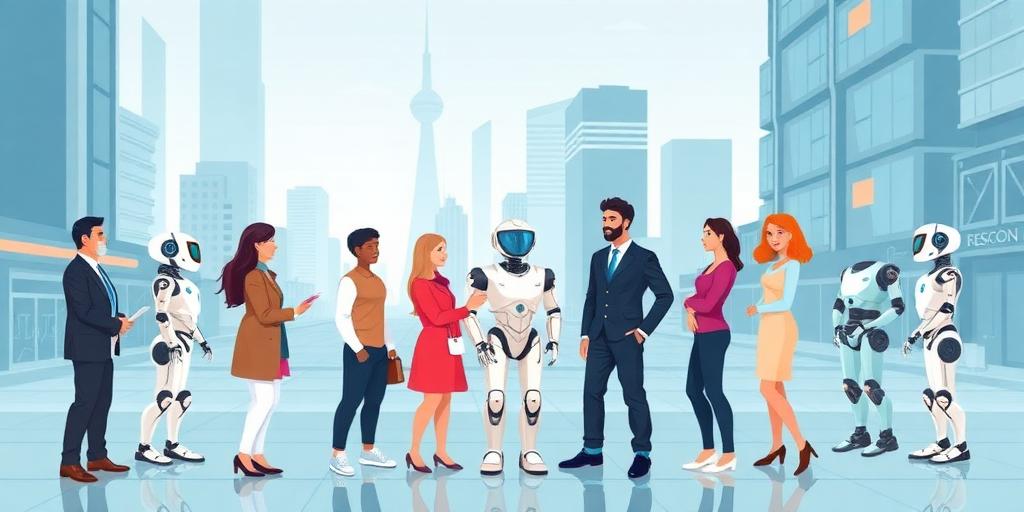The Ethics of Human-Robot Interaction
As robots become increasingly integrated into our daily lives, it is crucial to examine the ethical implications of these interactions. Human-Robot Interaction (HRI) is a multidisciplinary field that explores the design, understanding, and evaluation of robots for use by humans. However, with increased interaction comes a range of ethical considerations that must be addressed proactively.
Autonomy and Responsibility
One of the primary ethical concerns is the level of autonomy granted to robots. As robots become more capable of making decisions independently, it becomes more challenging to assign responsibility when things go wrong. Who is accountable if a self-driving car causes an accident? Is it the manufacturer, the programmer, or the owner? Establishing clear lines of responsibility is essential to ensure that there are consequences for errors and that victims have recourse.
Privacy Concerns
Robots often collect vast amounts of data about their users and environments. This data can include personal information, such as location, behavior patterns, and even emotional states. Protecting this data and ensuring that it is not misused is a critical ethical consideration. Clear guidelines and regulations are needed to govern the collection, storage, and use of data by robots.
Social Impact
The introduction of robots into the workforce has the potential to displace human workers, leading to unemployment and economic inequality. It is essential to consider the social impact of automation and to develop strategies to mitigate potential negative consequences. This may include retraining programs, social safety nets, and policies that encourage the creation of new jobs in emerging industries.
Emotional Attachment and Deception
As robots become more sophisticated, they are increasingly capable of eliciting emotional responses from humans. This raises ethical questions about the potential for manipulation and deception. Should robots be designed to mimic human emotions, and if so, what safeguards should be in place to prevent them from exploiting our emotional vulnerabilities?
Bias and Discrimination
Robots are programmed by humans, and as such, they can reflect the biases and prejudices of their creators. This can lead to discriminatory outcomes, particularly in areas such as hiring, lending, and law enforcement. It is crucial to ensure that robots are designed and programmed in a way that is fair, equitable, and non-discriminatory.
Safety and Security
Ensuring the safety and security of humans who interact with robots is paramount. Robots should be designed to minimize the risk of physical harm, and they should be protected against hacking and malicious use. Clear safety standards and regulations are needed to govern the design, testing, and deployment of robots.
The Future of HRI Ethics
The ethical considerations surrounding HRI are complex and evolving. As robots become more advanced, it is essential to continue to examine these issues and to develop ethical frameworks that can guide the responsible development and deployment of robots. By addressing these ethical challenges proactively, we can ensure that robots are used in a way that benefits society as a whole.
In conclusion, the ethics of human-robot interaction are multifaceted, spanning issues of autonomy, privacy, social impact, emotional attachment, bias, and safety. As we continue to integrate robots into our lives, thoughtful and proactive ethical considerations will be crucial to ensuring that these technologies serve humanity in a responsible and beneficial manner.









